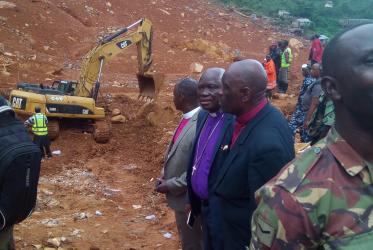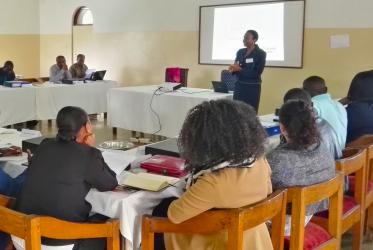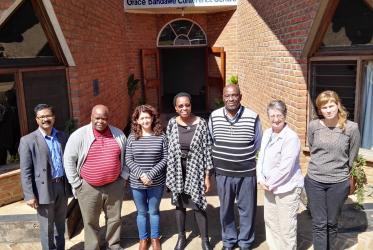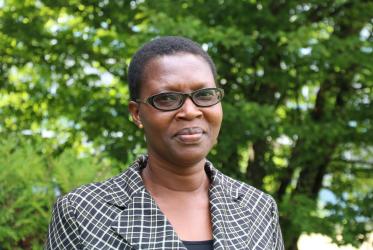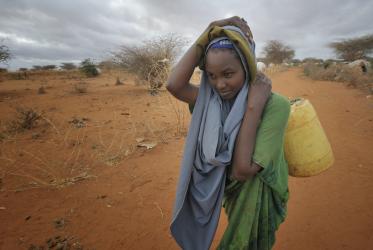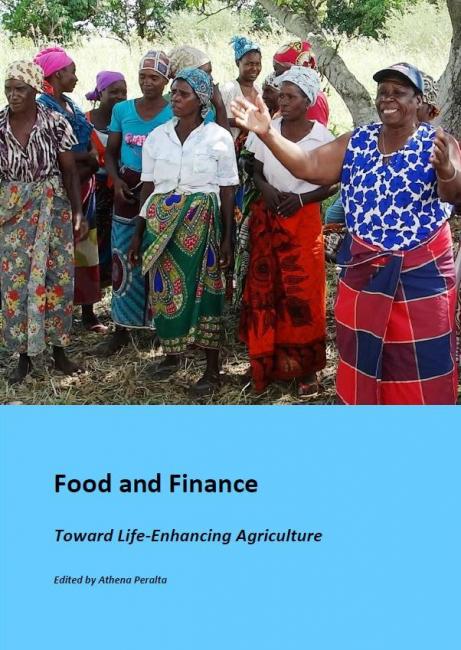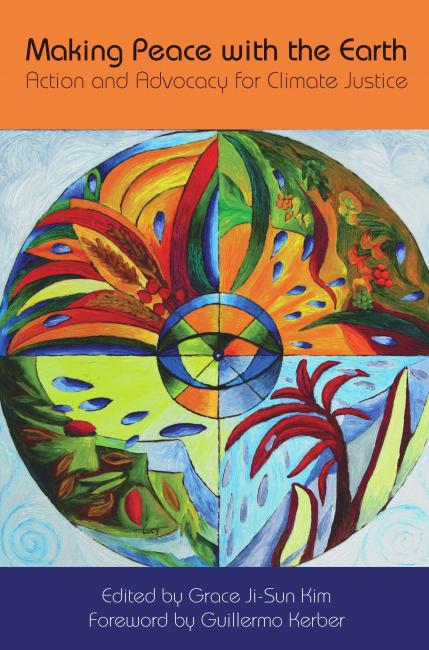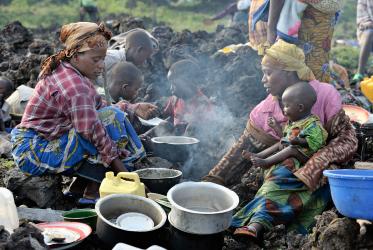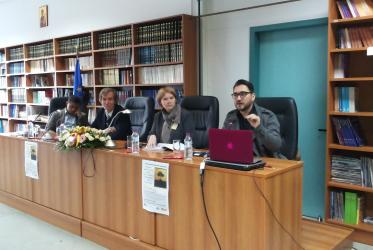Displaying 141 - 160 of 181
African youth takes stand at first ever WCC Eco-School
03 August 2017
A communicator on the move
10 July 2017
G20 summit: call to pray for peace in Hamburg
07 July 2017
Applications open for WCC Eco-School
10 May 2017
WCC climate change group plans advocacy strategy
10 October 2016
WCC conference explores ecological injustice in Uganda
21 April 2016
Theology and climate change focus of consultation
16 March 2016
